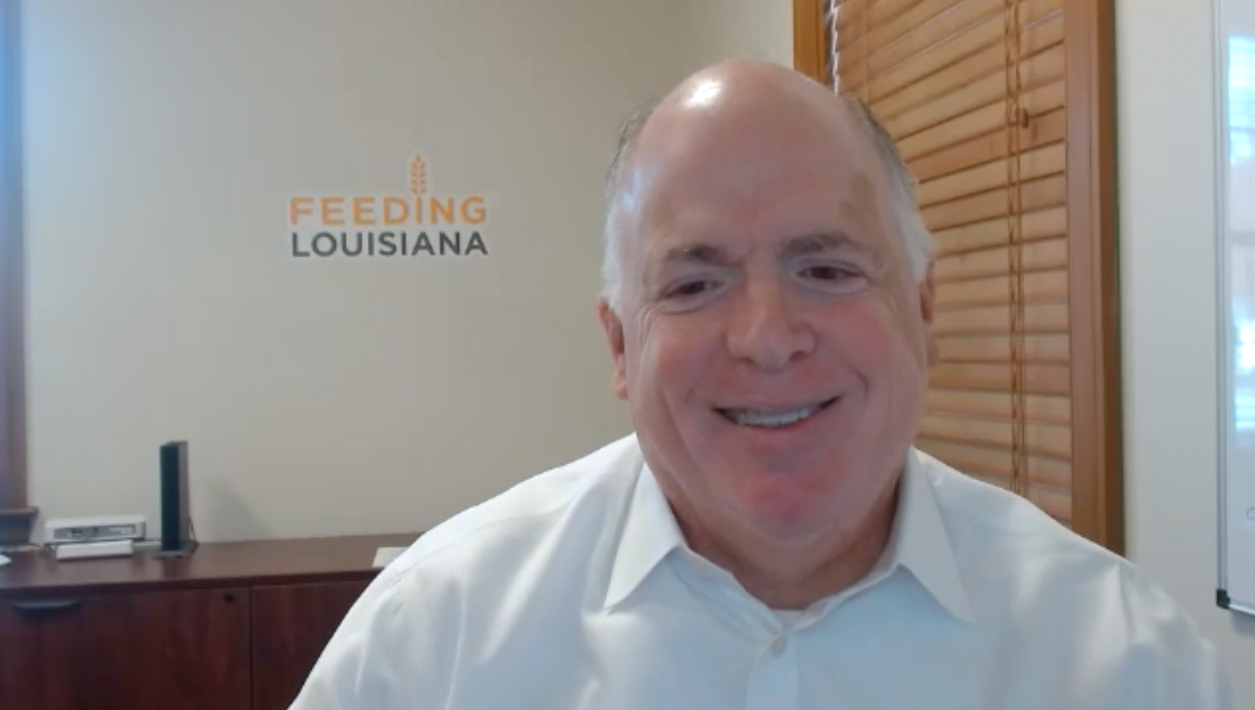
Feeding America: How Public Health Campaigns Combat Food Insecurity and Promote Healthy Eating Habits
Public health campaigns are vital in combating food insecurity, as pointed out by Pat Van Burkleo, the executive director of Feeding Louisiana, an association of food banks in Louisiana. In a recent interview, she emphasized the importance of educating the public on how food insecurity can lead to chronic diseases.
One effective way to increase awareness is through targeted public health campaigns and educational initiatives. For example, initiatives that promote healthy eating habits such as consuming fresh fruits and vegetables instead of junk food can have a significant impact. These campaigns help individuals understand the importance of nutrition and guide them on where to find healthy food options.
While education is crucial, immediate behavior change may not always occur. However, providing educational programs on nutrition and healthy eating lays the foundation for developing new habits over time. It’s essential to ensure that communities have access to resources that support these educational efforts, such as local farmers providing fresh produce to food banks.
Feeding Louisiana has been proactive in addressing food insecurity by securing a $10 million grant from the USDA to purchase local produce from farmers. This initiative benefits small farmers by supporting their businesses while also providing nutritious food options to individuals facing food insecurity. By bridging the gap between education and access to resources, initiatives like these can make a significant impact in tackling food insecurity in communities.
In summary, public health campaigns play a vital role in addressing food insecurity by raising awareness about its effects on chronic diseases through tailored educational initiatives promoting healthy eating habits. Providing access to resources such as local farmers providing fresh produce can support these efforts and ultimately make a significant impact on communities facing food insecurity.

